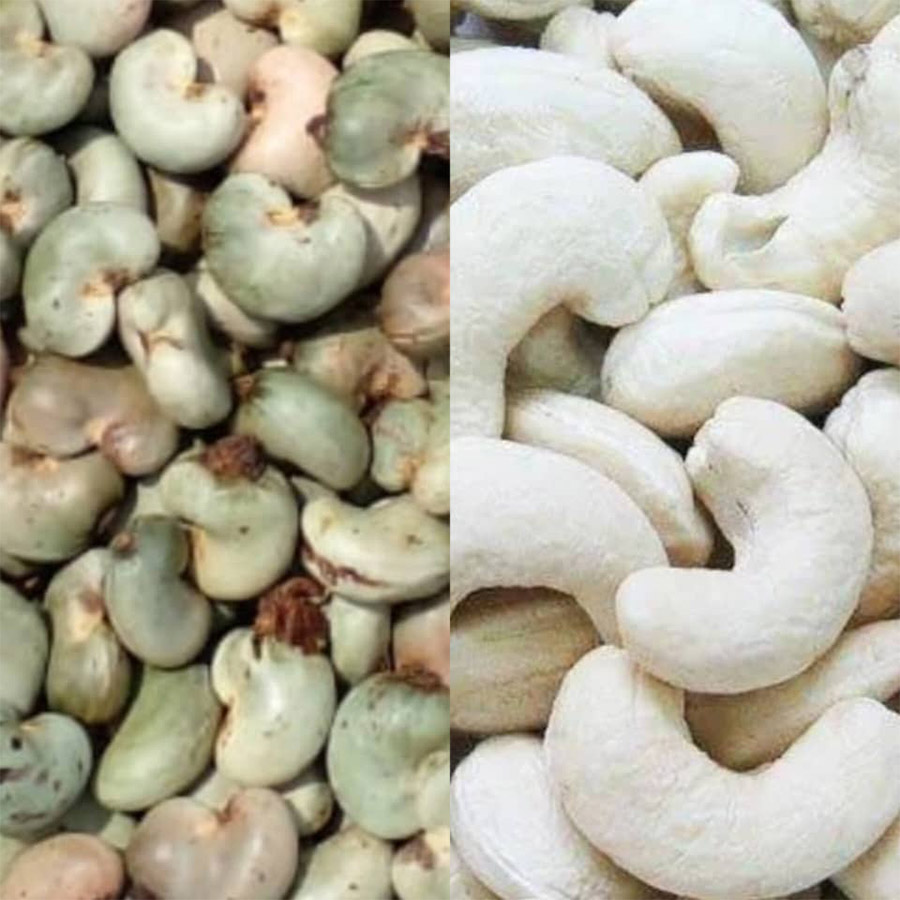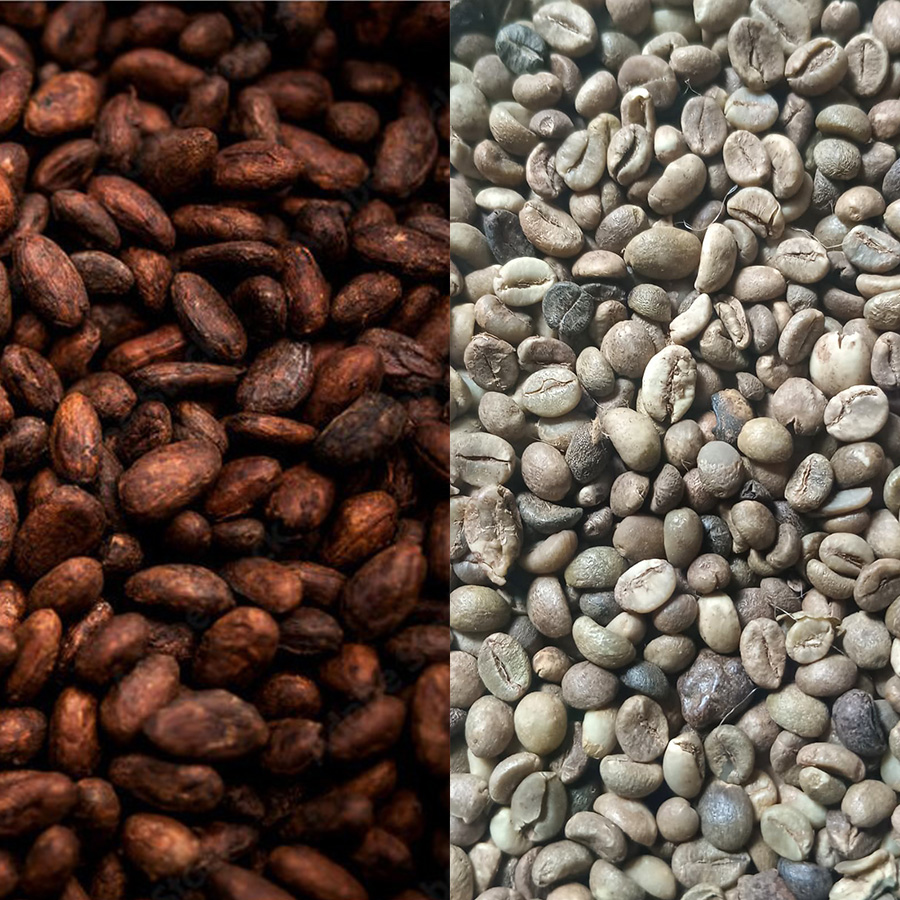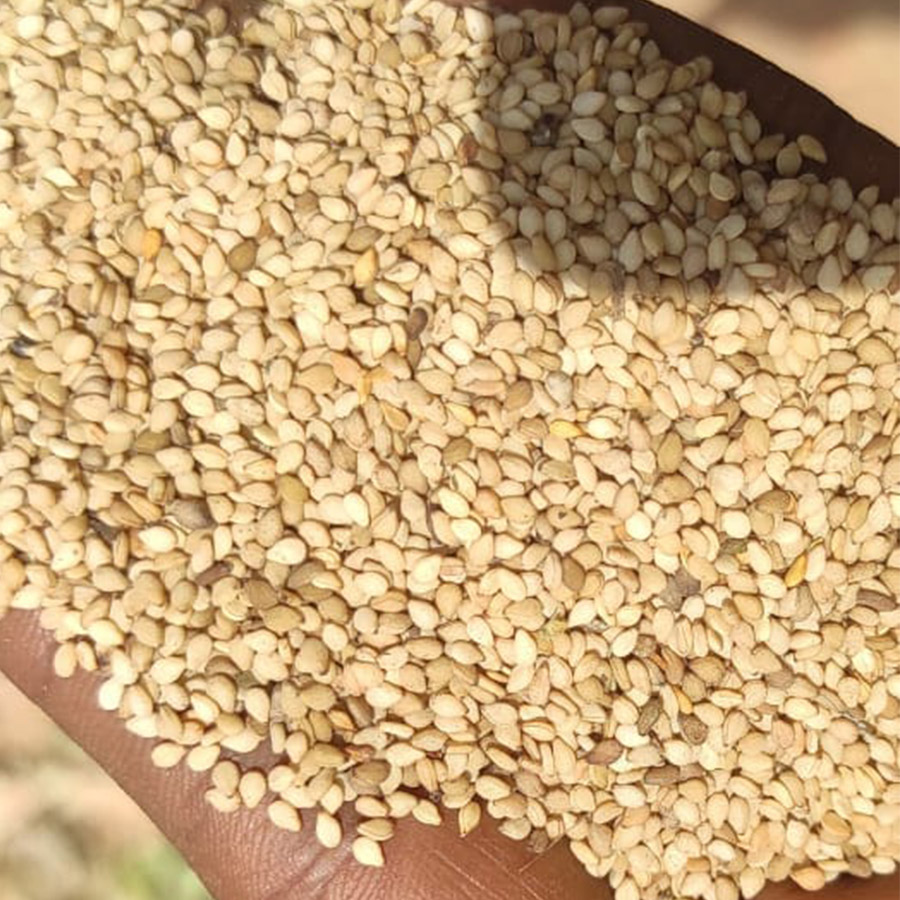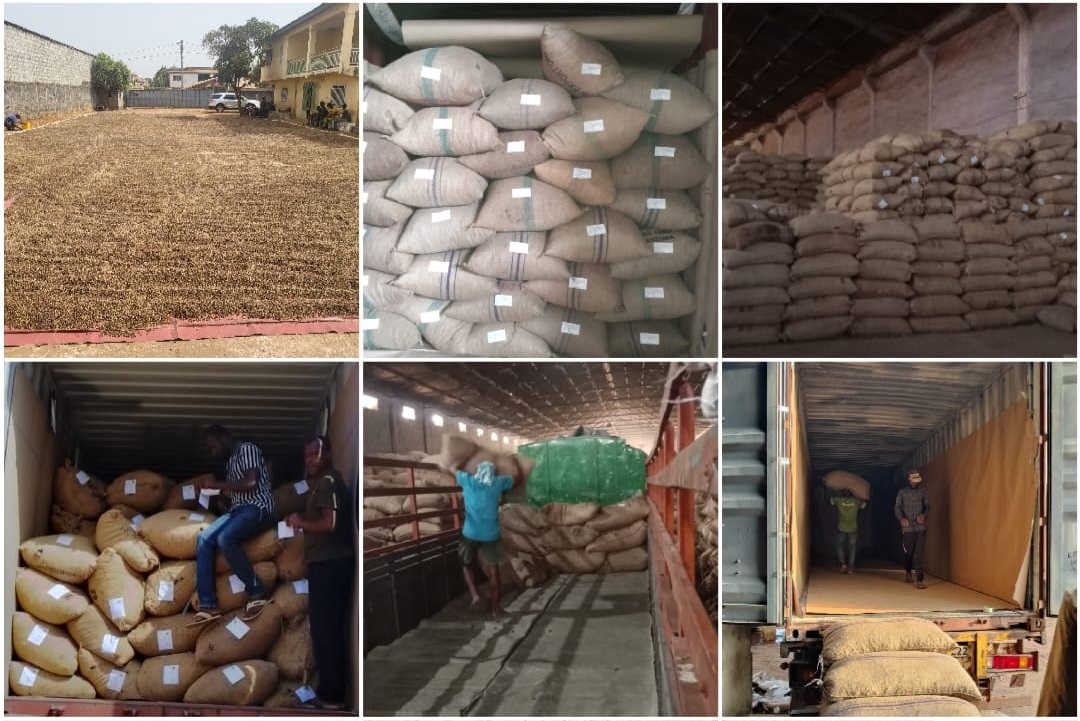
The Cashewnut (Anacardium occidentale) ; Family: Anacardiaceae is a tropical evergreen plantation crop which originated in Brazil and is now grown in Asia, South America and East and West Africa. The tree is very attractive; it produces beautiful rose-colored scented flowers in panicles, followed by the enticing red/yellow fruit with the nut at the bottom . It can grow in dry tropical conditions especially in coastal regions.
The global market for cashews is booming, African countries growing more than half the world’s supply. Between 2000 and 2022, world trade in raw cashew nuts more than doubled to 2.5 billion kilograms and African producers – led by Côte d’Ivoire – accounted for almost two-thirds of the growth.
Since production typically takes place on small holdings in rural areas, there is a direct link between value addition in the cashew sector and the achievement of poverty reduction, that cashews are a source of income for an estimated 3 million small holder farmers in Africa.
A range of market trends open opportunities. These include global consumer’s growing taste for healthier snacks and their increased preference for food products that are more environmentally friendly and ethically sourced. The traceability, transparency and sustainability of food supply chains is becoming increasingly important for consumers and suppliers, highlight is that this could benefit who source their nuts from Africa. The processors can meet the increasingly strict food quality and safety standards in global markets and can take advantage of growing demand for organic products, which in the EU grew recently.




